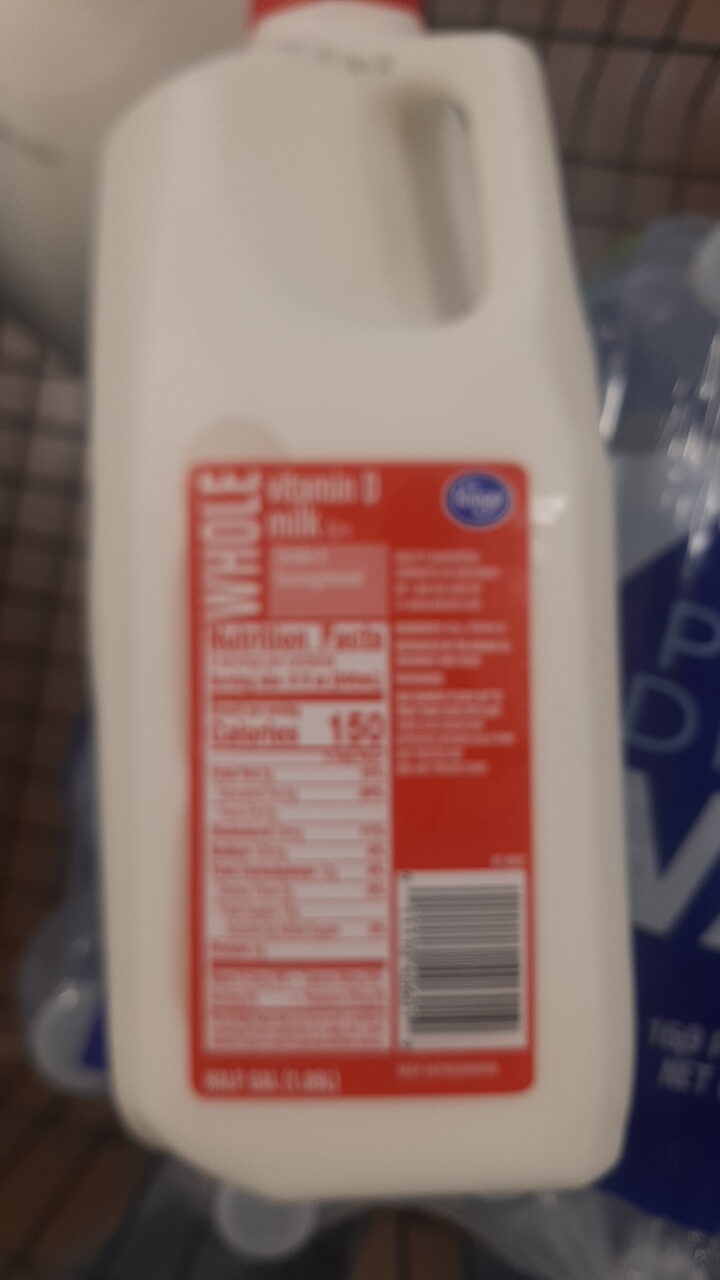
Barcode: 011110406019
whole milk
HALAL
📝 Reason: The product ‘whole milk’ contains ingredients that are derived from milk, which is permissible under Islamic dietary laws. There are no Haram substances or doubtful ingredients listed. Therefore, the product is considered Halal.
🏷️ Category: Dairy, Milk
📄 Certificates: None
Ingredients:
Details
Is Whole Milk Halal? Let’s Explore!
As consumers, understanding the Halal status of our food products is essential, especially for those adhering to Islamic dietary laws. One common product that often raises questions is whole milk. This article will delve deep into the Halal status of whole milk, examining its ingredients and ensuring informed choices for everyone.
Whole Milk and Its Ingredients
The ingredients in whole milk primarily include vitamin D milk and whole milk. According to Islamic dietary laws, both of these ingredients are derived from milk, which is permissible and generally considered Halal. There are no Haram (forbidden) substances or any doubtful ingredients in whole milk.
Ingredient Breakdown
- Vitamin D Milk: This ingredient is simply milk fortified with vitamin D, and it derives from halal sources. There’s no concern regarding its Halal status as it falls within permissible dietary norms.
- Whole Milk: This standard dairy product comes directly from cows and is entirely compliant with Halal regulations, assuming no cross-contamination with Haram substances.
Understanding E-Numbers and Their Importance
In this context, the E-numbers associated with whole milk ingredients are “N/A” as no additives are specified. Both vit D milk and whole milk are typically free from artificial additives that could otherwise complicate their Halal status. In general, the Islamic dietary laws permit dairy products unless they are contaminated with substances that are considered Haram.
Whole Milk: A Nutritious Choice
Whole milk is not just Halal; it’s also a nutritious option rich in calcium, vitamin D, and protein, making it an essential part of a balanced diet. Consumers choosing whole milk can enjoy its benefits, knowing they are adhering to Islamic dietary principles.
Certification Context
While some products boast specific Halal certifications from recognized authorities, whole milk in its pure form often does not require it due to its simple ingredient profile. However, it is always advisable for consumers to check specific brands to confirm compliance with their dietary needs.
The Brand and Category Context
Whole milk falls under the category of Dairy, specifically belonging to the Milk sub-category. This category typically includes numerous products that can vary in Halal status based on additives or processing methods. Always verify product labels for a clear understanding of its Halal implications.
Conclusion
In conclusion, whole milk is undoubtedly a Halal product, making it a safe and healthy choice for individuals and families following Islamic dietary laws. As we’ve explored, its ingredients—vitamin D milk and whole milk—are derived from permissible sources, with no Haram additives. Therefore, if you’ve been wondering about the Halal status of whole milk, you can rest assured that it fits within your dietary guidelines.
Always stay informed, and check product labels to ensure your food choices align with your values and beliefs. Whole milk is a delightful addition to your diet, and you can enjoy it without hesitation!
